The Agony and the Ecstasy of Steve Jobs
The name Steve Jobs has been sweet on the lips of techno-capitalist fankids pining for a cultural hero since long before the Apple CEO succumbed to cancer late last year. Since his death, an author and an actor have taken some of the first shots at shaping his legacy. With an eye on the man’s cruelty toward his employees at home and abroad, n+1 reviewer Gary Sernovitz tries to fill in the blanks.Since his death, an author and an actor have taken some of the first shots at shaping Steve Jobs' legacy. With an eye on the man’s cruelty toward his employees at home and abroad, Gary Sernovitz tries to fill in the blanks.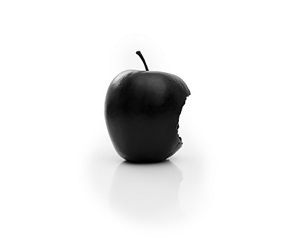
The name Steve Jobs has been sweet on the lips of techno-capitalist fankids pining for a cultural hero since long before the Apple CEO succumbed to cancer late last year. Since his death, an author and an actor have taken some of the first shots at shaping his legacy. With an eye on the man’s cruelty toward his employees at home and abroad, n+1 reviewer Gary Sernovitz tries to fill in the blanks. –ARK
Your support matters…Gary Sernovitz at n+1:
Jobs seems to have attended the Joseph Stalin Charm School: his world was one of clear good and evil; he was a constant liar, in what came to be known among his underlings as his “reality distortion field”; he was “anti-loyal,” abandoning people he was close to; he used silences and unblinking stares to shame people; he held show trials, bringing employees of a failed project into an auditorium, telling them they should hate each other, and firing the leader on the spot. Thus, when I read about Jobs’s praising China to President Obama, I suspected that Jobs liked outsourcing, not just as a profitable business decision but also on a deeper level. Contemporary China has found a way to combine, for outcomes positive and devastating, some of the most abysmal features of 19th century laissez-faire capitalism and 20th century totalitarian dictatorships. This is a combination that would seem to have felt very comfortable for Steve Jobs, as long as he was in charge. Apple has long been infamous for opposing open access and more collaborative computing cultures. Its hardware and software have always been untouchable, unmodifiable, and manufactured for each other alone. Apple tells consumers what they want and what they will get. Its design aesthetic is stark, minimalist, white. Apple’s massive growth in the last eight years to becoming the single most valuable publicly traded company in the world is not entirely explained by the thesis that Apple products are great, or that the company was early to take advantage of wireless broadband, or that Apple’s time had come when we all began to see computers as lifestyle accessories. For every era gets the companies it deserves. A brand of cleanness and simplicity, of chipperly trading control for efficiency, seems particularly well suited for a time when people have lost faith in an incompetent, messy, gridlocked, shallow democracy and in our fragilely recovering economy. Better an iPhone than Il Duce, of course, to make the trains run on time—or at least to tell you how to get to Penn Station—but totalitarian shadows probably should not fall over the products we crave, in how they are made or why we love them. Nor should the manufacture and the appeal of our most desired products reach the same conclusion: that people are much less than our machines.
Independent journalism is under threat and overshadowed by heavily funded mainstream media.
You can help level the playing field. Become a member.
Your tax-deductible contribution keeps us digging beneath the headlines to give you thought-provoking, investigative reporting and analysis that unearths what's really happening- without compromise.
Give today to support our courageous, independent journalists.

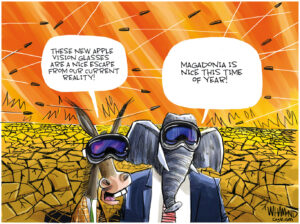
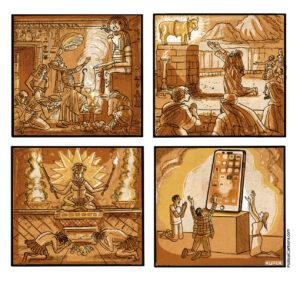
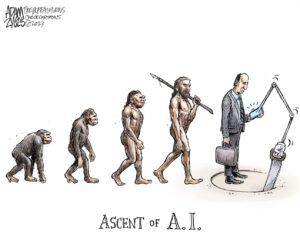

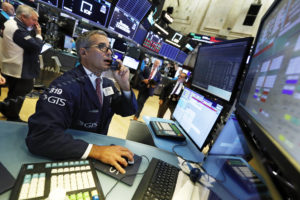
You need to be a supporter to comment.
There are currently no responses to this article.
Be the first to respond.